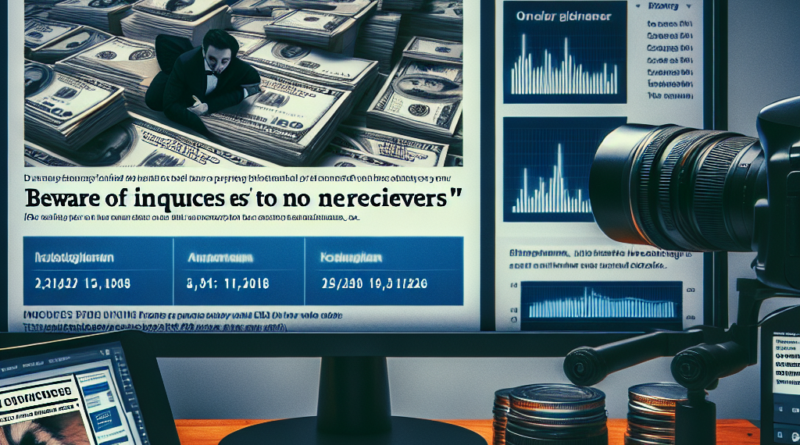Tax Deductions for 730/2024, Beware of Invoices Registered to Non-taxpayers
Maximizing Tax Deductions for the 730/2024 Declaration
As the tax season is in full swing, it’s essential to pay close attention to deductions invoiced to non-taxpayers when preparing the documentation for the 730/2024 form.
Some taxpayers have already submitted their models to the Revenue Agency, but for those who haven’t, a particular focus should be placed on the deductions and allowances they are entitled to, as these may lead to potential reimbursements.
Who are Non-Taxpayers?
Merely filing the 730 form does not automatically grant the right to deductions.
It is also essential to meet tax payment requirements.
Some individuals, despite having an income, are not obligated to pay personal income tax (IRPEF) because the work deductions they are entitled to effectively offset the IRPEF due.
These individuals are known as non-taxpayers, falling within the tax area limits for 2024:
- €5,500 annually for occasional self-employed workers
- €8,500 per year for employees
- €8,500 annually for retirees
Below these income thresholds, no tax deductions or allowances apply because no tax is due.
It’s important to clarify that IRPEF is still calculated on these incomes; however, the applicable work deduction cancels out the tax liability.
Since there is no tax to pay, there is no amount from which expenses can be deducted, and therefore, the deduction for incurred expenses does not apply.
Invoicing to Non-Taxpayers
Expenses invoiced to non-taxpayers are not deductible.
Medical costs, funeral expenses, educational expenses for children, public transportation subscriptions, potential building bonuses, sports expenses for children—none of these are eligible for deductions if invoiced to non-taxpayers.
When aware of falling into the no tax area, it’s advisable to have invoices invoiced to someone who can claim the deductions.
For expenses related to children, it might be better to have the payments invoiced to the other parent to ensure eligibility.
Notably, if the expense document is issued in the child’s name, it can be deducted by both parents.
While it’s not possible to rectify expenses incurred in 2023, for those in 2024, efforts can be made to have as many invoices/receipts issued to someone eligible for deductions.
Of course, this applies only to cases where it is feasible.
For instance, if a specialized medical consultation is carried out, the payment invoice will naturally be issued to the patient, leaving little room for action.




